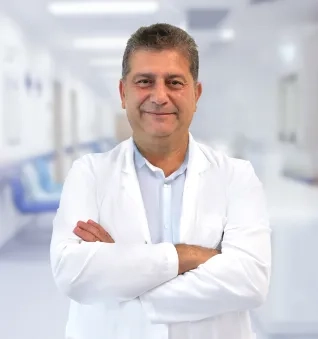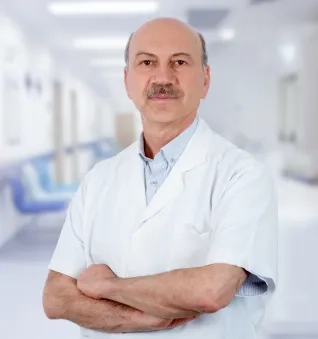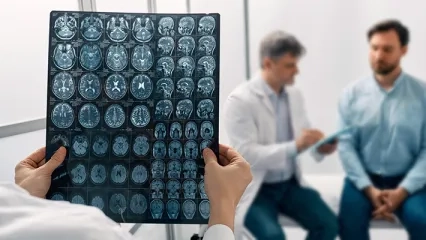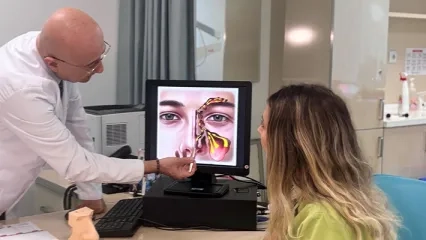Alo Yeditepe
Alo Yeditepe
Pediatric Bone Marrow Transplantation
Today, treatment of many hereditary or non-hereditary diseases is possible with Stem Cell Transplantation.
Stem Cell Transplantation is a treatment method that can be performed by a difficult, experienced, and specialized team. Stem cell transplant, which is the definitive treatment method for many diseases that cannot be cured with medical treatment, can only be performed in Stem Cell Transplant Units with special physical conditions.
Patients who are candidates for stem cell transplantation receive intensive treatment before and after transplantation to get rid of their diseases. The most vital of the numerous side effects of these treatments is the weakening or even disappearance of the immune system. Even a simple infection can be life-threatening in immunocompromised patients. For this reason, stem cell transplant patients can be transferred to private clinics where the air is filtered, there are single isolation rooms, entry-exit is controlled and limited, and world-accepted mandatory hygiene rules are meticulously applied. Another feature of these clinics is that they are Intensive Care Units.
Childhood transplants are a treatment method for many diseases. The most common of these are:
- Leukemias
- Blood-Making Disorders
- Thalassemia (Mediterranean Anemia)
- Sickle Cell Disease
- Bone Marriage Failure
- Genetic Disorders
- Diseases of the Immune System
- Tumors
”
See Also
- Childhood Cancers and Treatment
- Childhood Lymphoma Treatments Give Hope!
- High Chance of Treatment in Childhood Leukemia
- Thalassemia Trait Rate in Turkey is High
- He Beat Leukemia, Made A Graduation Ceremony in His Hospital Room, and Won the University
- Good Results have been Achieved in Leukemia Treatment
- Soil Eating in Patients with Pica Syndrome
- Guidelines for Safe Living After Hematopoietic Stem Cell Transplantation
- Bone Marrow Transplant Clinic
- What are Hematopoietic Stem Cells and What is Their Function?
- How to Apply for Bone Marrow Transplantation?
- Frequently Asked Questions in Hematopoietic Stem Cell / Bone Marrow Transplantation
Alo Yeditepe









